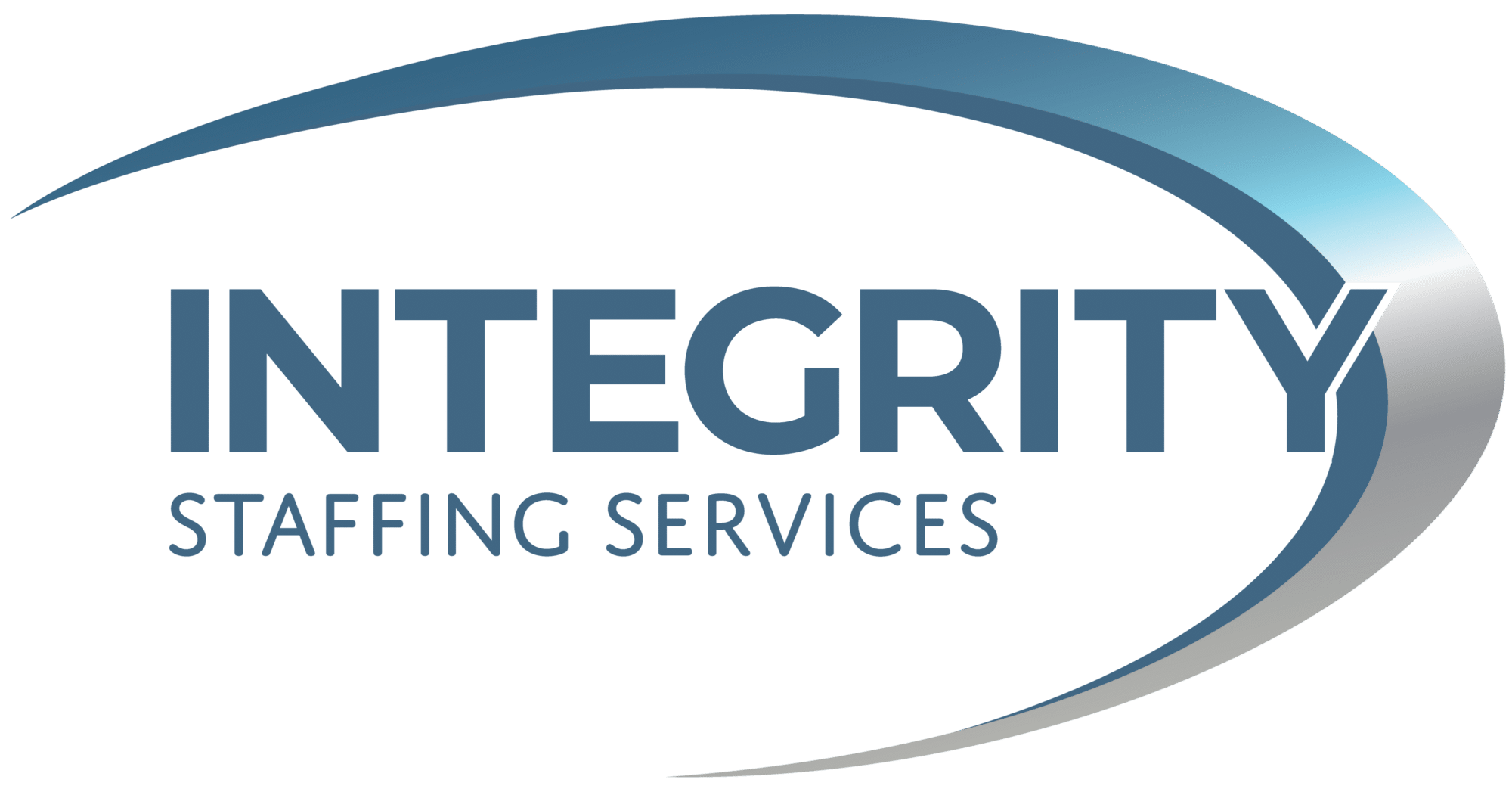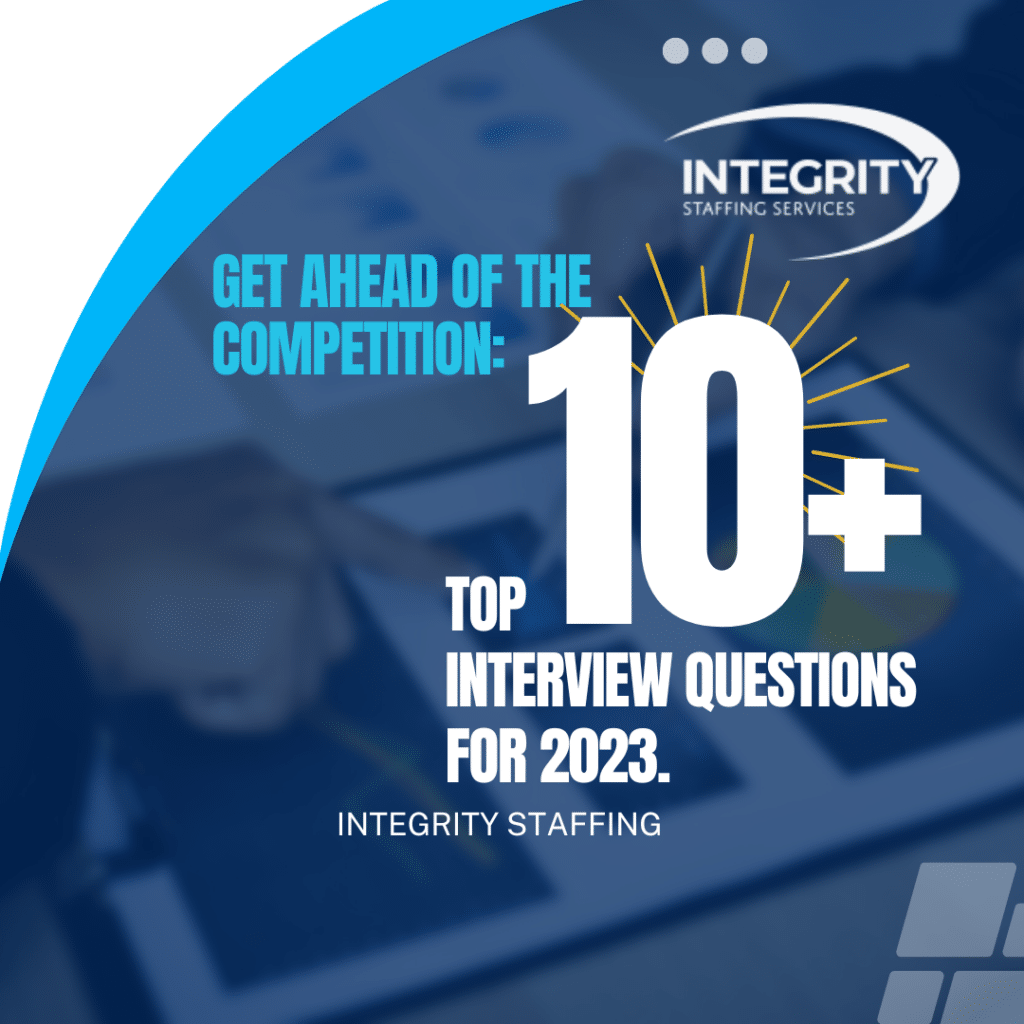March 11, 2023 | Author: P. Yates
If you’re getting ready to attend an interview, it’s best to be prepared. After all, the more confident and knowledgeable you appear during your job interview can make or break your chances of landing the position! That’s why we’ve gathered some of the most frequent questions interviewed ask so that you’ll feel empowered before stepping into their office.
As you prepare for your upcoming interview, make sure to be well-versed in the following questions that are often asked during such events:
1. Tell me about yourself
The employer wants to know why you are the ideal candidate for this role. In your response, make sure to concisely communicate your professional history and accomplishments as well as explain how you believe the job would be an excellent match for both of us. Highlight what makes you stand out from other candidates and provide a brief explanation of why these qualities will benefit them if they select you.
2. Why do you want to work for our company?
Crafting a great answer to this oft-asked question can be daunting, however, it is worth the effort. The best way to prepare for such an inquiry requires you to do your due diligence and research the company in depth – exploring its products, services, mission statement, history, and workplace culture. Taking time out for these will show interviewers that you are committed to finding out if there is a good fit between yourself and the organization.
In your response, speak to what it is about the company that attracts you and how its vision and objectives align with yours.
3. What interests you about this role?
Hiring managers often ask this question to ensure you understand the role and give you an opportunity to highlight your relevant skills. Study the job description carefully and compare its requirements to your skills and experience.
4. What motivates you?
Employers inquire about this to evaluate your awareness of yourself and guarantee that your motives are compatible with the job position as well as the company. To answer, be explicit where possible, give tangible illustrations, and relate your reply back to both the occupation role and/or mission statement of the business.
Before you come up with an answer, think about these questions:
- On a typical day, how did you celebrate success in your past role?
- What motivated you to enter this profession or industry?
- Lastly, when reading the job description for this position, what made it stand out from all other opportunities available to you?
5. What are your greatest strengths & weaknesses
When responding to this question, be sure to highlight the qualities that make you a stand-out candidate. While it may feel awkward at first, it’s essential that you show off your technical and soft skills in order to demonstrate why you’re perfect for the role truly. To answer effectively, use the following formula:
Share one to a few positive qualities and personal attributes & back them up with examples.
For weaknesses highlight areas that were challenges for you & share areas of growth.
6. Where do you see yourself in the next five years?
Prospective employers tend to ask about what your long-term objectives are in order to evaluate whether you have the intention of remaining with their organization for an extended period. Moreover, this question is used as a way to identify your level of ambition and ability to plan ahead on a professional level. To respond optimally, it’s advised that you think deeply about how obtaining this position fits into your overall career trajectory and helps you reach those predetermined goals.
5. How do you adapt to stress or new situations?
When the going gets tough, employers want to know that you have what it takes to get going. Your response to difficult circumstances and adjusting to transformation are indicative of your problem-solving skills; conveying one’s capacity for personal growth is key in responding positively here.
I have an unwavering commitment to perseverance, resilience, and stress management when faced with challenging situations. For example, recently I was presented with a stressful situation that required me to think through issues quickly and come up with a solution. Despite feeling anxious about the pressure of this task, my thought process remained clear-headed and focused on finding an effective resolution in order to achieve success.
6. In a professional setting, how do you navigate and resolve disagreements?
When employers inquire about your ability to handle conflict, they want to know how you can effectively collaborate with people who have different perspectives. It’s not only important that you possess the relevant hard skills for the position but also be able to work well with others and find constructive solutions in challenging situations.
When conveying an answer to a question concerning how you’ve handled conflicts in the past, it’s essential that you not only explain what happened but also emphasize how this experience has shaped and impacted your personal and professional growth. It is imperative to discuss the steps taken toward resolution while exhibiting poise and patience throughout the process.
7. What is your greatest accomplishment?
Instead of dwelling on the most impressive accomplishment, consider a few successes that demonstrate your work ethic and values. If it fits with the job you desire, choose examples that can be connected to the position.
8. How do you define success?
Demonstrating how your definition of success affects your objectives and the means used to assess them is what employers are seeking from this question. An effective response will illustrate that you comprehend how to define targets as well as gauge their accomplishment, in addition to stressing that you’re eager for a challenge and willing to put significant effort into achieving those goals.
Think about times when you felt most proud after accomplishing something, both long-term successes and short-term milestones, while also considering the company’s viewpoint on success. Offering specific instances of where you have prevailed before allows interviewers an insight into your capabilities better than just using generalizations or boasting alone would be able to do so.
9. Why should we hire you?
This query may come off as an attempt to intimidate you, but it is actually a chance for the interviewer to hear how your skills and experience make you the perfect fit for this role. Confidently express what sets you apart from other applicants in terms of qualifications, how well-suited your personality is for the culture, and why they should hire YOU specifically.
As you express your eagerness and qualifications for the company, it is crucial to remember that employers may use “cultural fit” as a way of excluding or discriminating against those who do not reflect existing personnel. Instead, emphasize “culture add” – how you will be able to bring innovative ideas and insights into the team. This type of contribution makes the organization stronger by enriching its employees’ skillsets and worldviews.
10. Why are you leaving your current job?
When transitioning to a new job, it’s important to have an articulate response prepared for why you left your previous role. Rather than emphasizing the drawbacks of that position, make sure to focus on what this change will bring and how it will help propel you toward achieving your goals. Show your interviewer that this decision was made thoughtfully and with intention – doing so may give them more confidence in hiring you!
11. What is the salary range you would like to receive?
Interviewers ask this question to make sure your expectations are in line with the amount they’ve budgeted for the role. If you give a salary range exceedingly lower or higher than the market value of the position, it gives the impression that you don’t know your worth.
Are you unsure of what salary to request for the role you’re pursuing? Google the salary calculator and you will be able to find several options to choose from.
12. Do you have any questions?
This inquiry is likely one of the most critical queries posed during the interviewing phase as it gives you a chance to delve deeper into topics that were not previously discussed, and also demonstrates your enthusiasm for the position.
Equally as important, make sure to include questions for the interviewer. Inquire about their individual experiences working at the company and ask what it takes to succeed in that role. Don’t forget this crucial step; take a few moments to address any uncertainties or doubts you have regarding the job opportunity.




